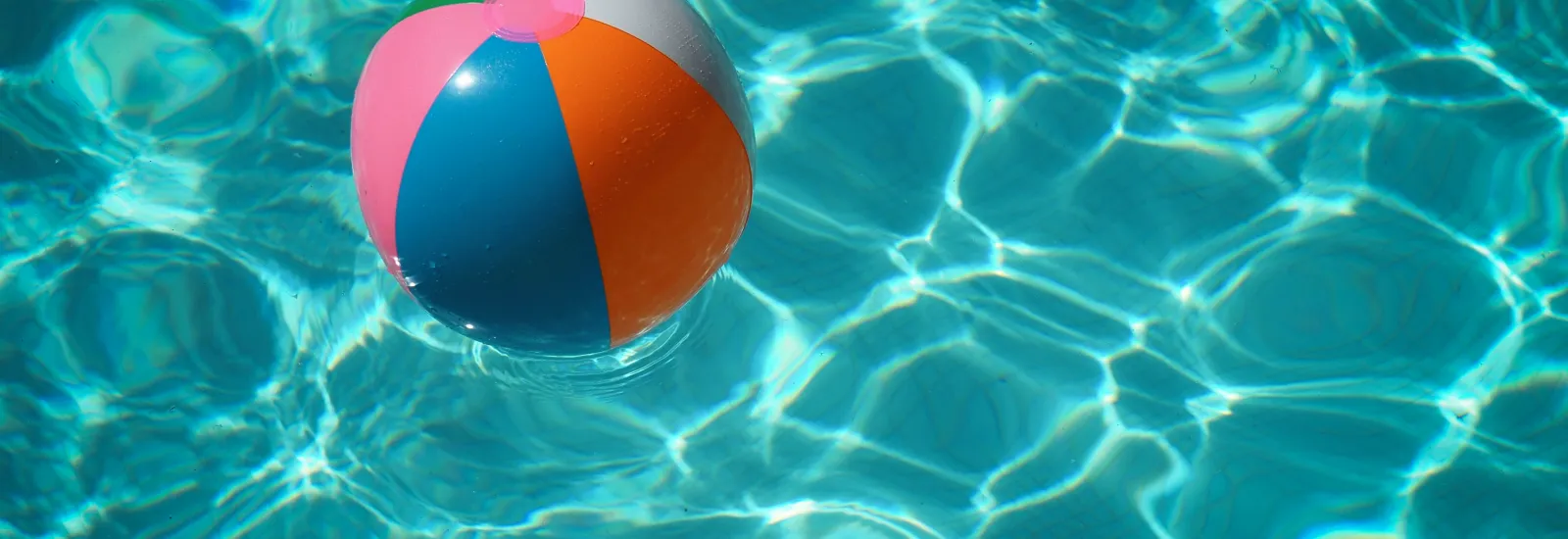
Five Summer Safety Tips You Might Not Know
1.
Keep hot foods hot and cold foods cold.
Barbeques are a staple of summer so it's imperative the be
aware of grilling safety and fire pit safety protocols. Be sure to keep children away from open
flames and other high risk burn activities.
Store propane and other flammable
substances in designated containers and in safe areas, and avoiding fires in
windy conditions, but it also important to remember (food safety) in the
summer.
Food is the perfect way to bring family and friends together
in the summer, which makes food safety just as important. More
than 48 million people in the United States get sick
from a foodborne illness every year and summer is a peak time for food
poisoning. To prevent foodborne illnesses, keep hot foods hot and cold foods
cold. Use a meat thermometer to make sure meat prepared on a grill or over a
fire is fully cooked. Keep fully-cooked hot foods at a temperature of 140
degrees F or above by placing in warming trays or crock pots. Keep cold foods
at an internal temperature of 40 degrees F or below by using ice or frozen gel
packs and coolers.
2. Leave
the lawn to the adults.
In the United
States more than 77,000 people are treated in a hospital
emergency department each year for an injury caused from a lawn mower accident.
Over ten percent of those visits are children under the age of 14. The American
Academy of Pediatrics recommends children are at least 12 years old before
operating a walk-behind mower and 16 years old before operating a riding lawn
mower. Clear the lawn of rocks and other large debris before you begin mowing,
wear proper footwear and clothing, and make sure no children, pets or other
adults are in the yard while you're mowing. Finally, never take a child as a
passenger on a riding lawn mower.
3.
Start swim lessons at age 1.
Drowning is the leading cause of injury-related death in United States
children ages 1 to 4. Previous guidelines recommended children begin swimming
lessons at age 4, but the American Academy of Pediatrics recently updated its water safety guidelines to recommend children start swimming lessons around age 1. (Swimming safety) extends beyond
lessons. It is important to block access to water during non-swimming times.
Install gates and doors with locks, fences, and alarms on and around pools or
other bodies of water. Your child's pediatrician can
recommend what you should look for when choosing swim lessons and help guide
you to find quality swim lessons for your child.
4. If temperatures increase, your water
intake should too.
How much water you need is influenced
by many factors—age, underlying health conditions, level of physical activity,
diet and the weather all play a part in your hydration. Hot weather can lead to
dehydration, heat illness and even death. (Signs
of dehydration) include feeling thirsty and having a
dry mouth, headache, confusion and muscle cramps. The CDC
recommends drinking more water than usual, even if you don't feel thirsty,
during hot weather to prevent dehydration and heat-related illness.
5. Designate a driver and be a
responsible host. Labor Day weekend is typically one of the deadliest weekends
[BM(2] of the year for impaired driving
crashes. Drinking alcohol, taking illegal drugs, and even taking prescription
and over-the-counter medications can impair your ability to operate a motor
vehicle. If you are attending a party and plan to consume alcohol, identify a
driver before the evening begins. If you are hosting a party, make sure none of
your guests who are impaired drive home. Help them make arrangements to get
home safely. Impaired-driving deaths are 100% preventable.
Do you have more summer safety
questions? Get connected with a primary care physician or
pediatrician.

